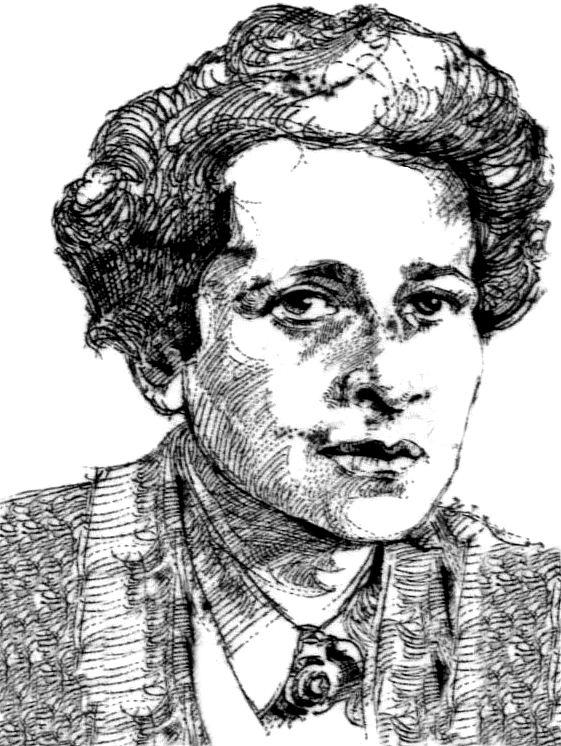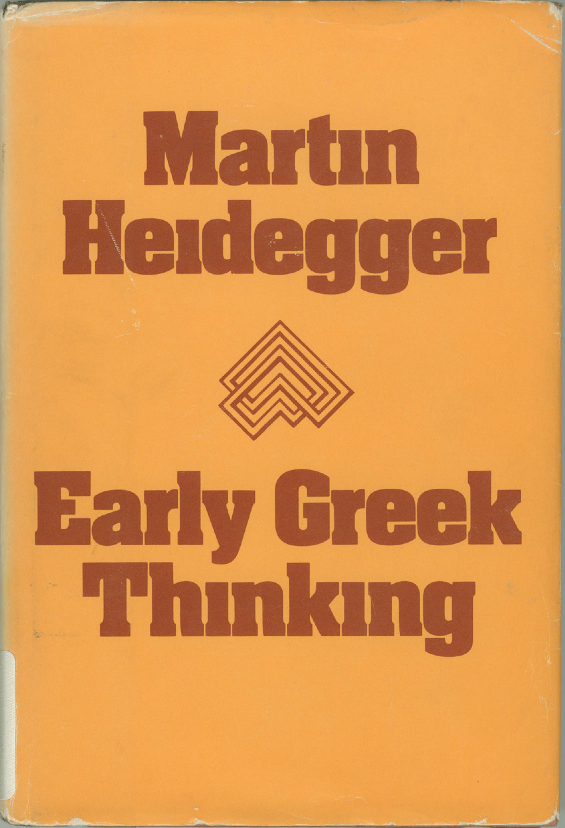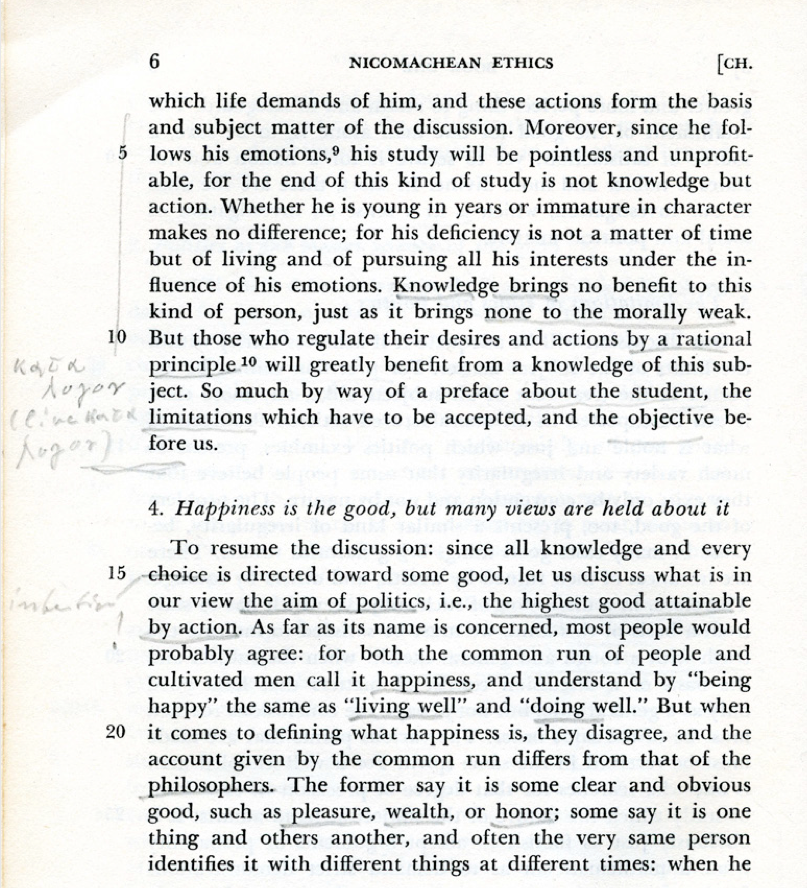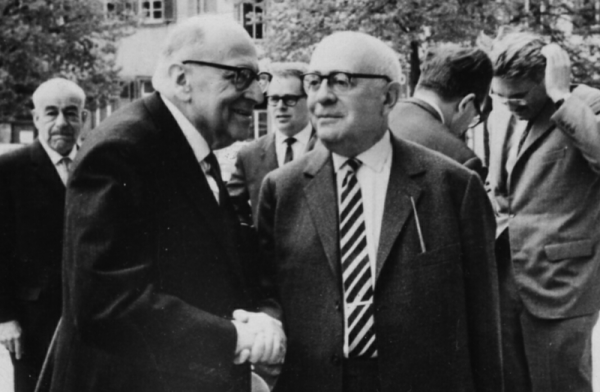If you haven’t yet seen Andrei Tarkovsky’s Solaris but do plan on watching it (find it online here), rest assured that there’s no wrong way to go about it. You can plunge, without preparation, right into its vivid, tormented Soviet sci-fi world of failing high technology, sublime natural forces, and haunting memory. You can do no end of preliminary research on the film, its maker, and its maker’s struggle to adapt the original Stanislaw Lem novel to his own distinctive sensibility. Or you could just precede your screening with “Auteur in Space,” a brief examination of Solaris by well-known cinephile video essayist kogonada. It was made on behalf of The British Film Institute.
“The very concept of genre is as cold as the tomb,” the narrator quotes Tarkovsky as writing, going on to cite his criticism of Stanley Kubrick’s 2001 “for being too enamored by the spectacle of the genre, for being too exotic, too immaculate.” From then on, the video demonstrates not just what Tarkovsky does to push Solaris out of the shadow of 2oo1, but also to break it out of the standard forms of science fiction and, ultimately, to free it from the strictures of genre itself — to occupy that category we can only call Tarkovsky.
And so the Russian auteur decides to make the space station on which most of the film takes place “look like a broken-down old bus.” He decides “to spend five minutes showing a man in an ordinary car traveling along the highway, and less than two minutes showing his main character traveling through space.” He gives in to his “occupation with the elemental things of Earth.” He comes to “question the limits of science in engaging the mysteries of existence,” ultimately using Solaris to pit science against fiction, “each with their own weight and history and pursuit of truth and knowledge.”
If, indeed, you haven’t yet seen Solaris and watch this video essay, you’ll surely find yourself no longer able to resist the temptation to experience the film as soon as possible. Maybe you’ll pop in the DVD or Blu-Ray, or better yet, maybe you’ll catch a theatrical screening. But if you understandably can’t wait for even a moment, you can watch it free online right now. And find other Tarkovsky films free online here.
Related Content:
Watch Solaris (1972), Andrei Tarkovsky’s Haunting Vision of the Future
Andrei Tarkovsky’s Solaris Shot by Shot: A 22-Minute Breakdown of the Director’s Filmmaking
The Masterful Polaroid Pictures Taken by Filmmaker Andrei Tarkovsky
Tarkovsky’s Advice to Young Filmmakers: Sacrifice Yourself for Cinema
A Poet in Cinema: Andrei Tarkovsky Reveals the Director’s Deep Thoughts on Filmmaking and Life
Colin Marshall writes on cities, language, Asia, and men’s style. He’s at work on a book about Los Angeles, A Los Angeles Primer, and the video series The City in Cinema. Follow him on Twitter at @colinmarshall or on Facebook.













